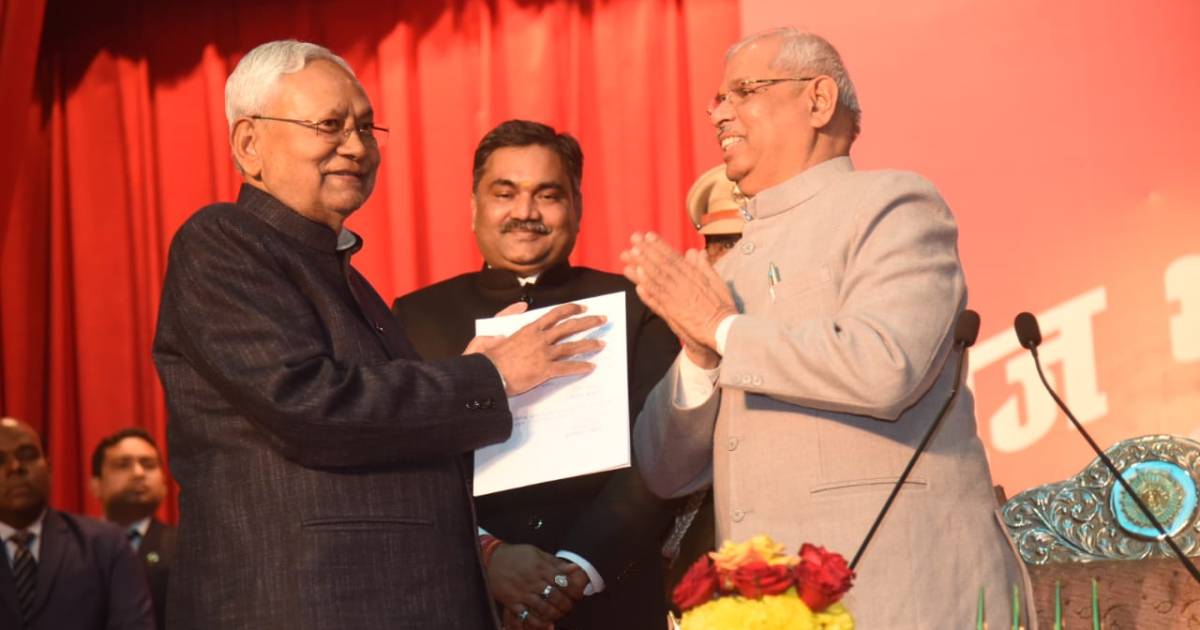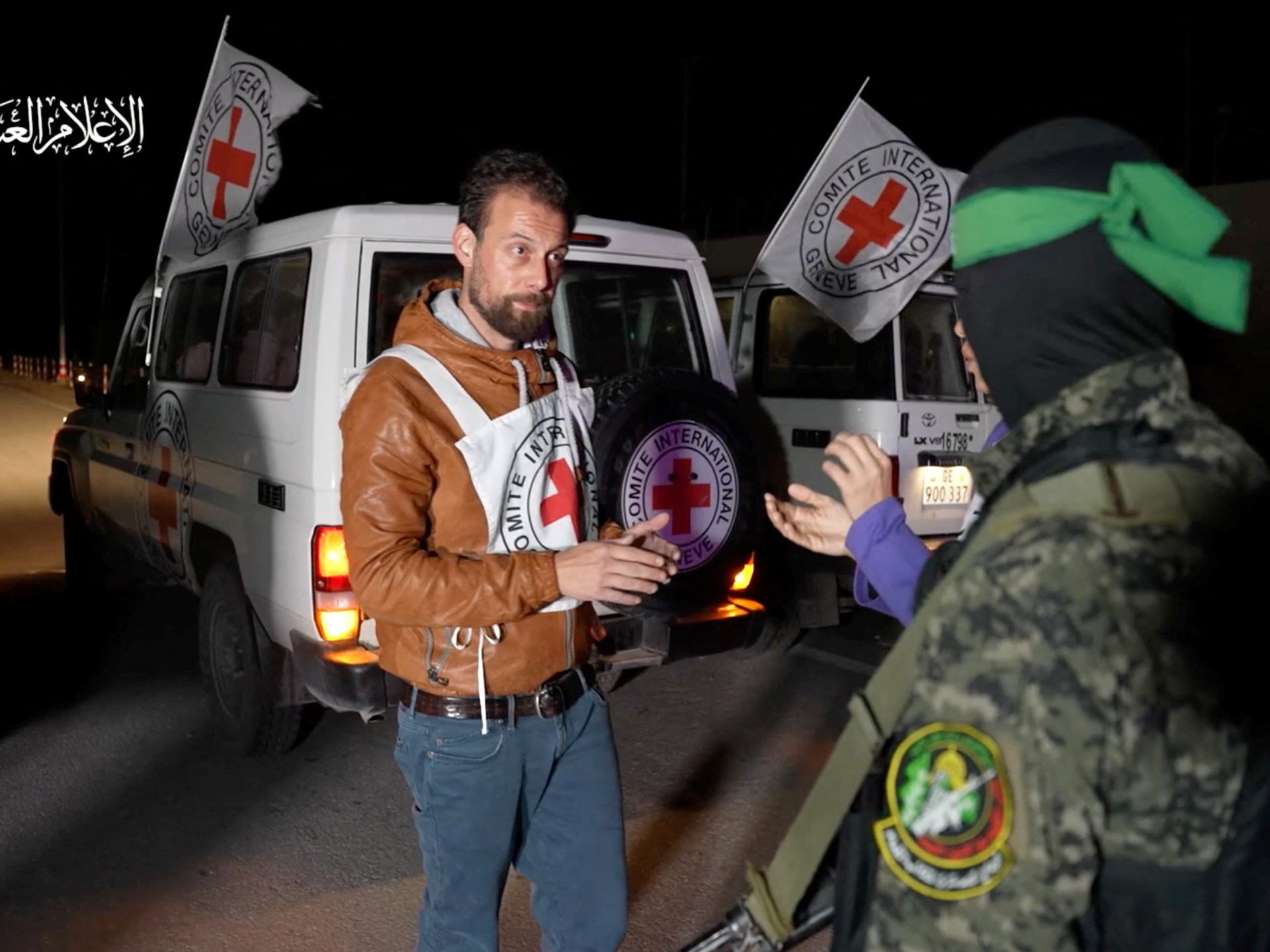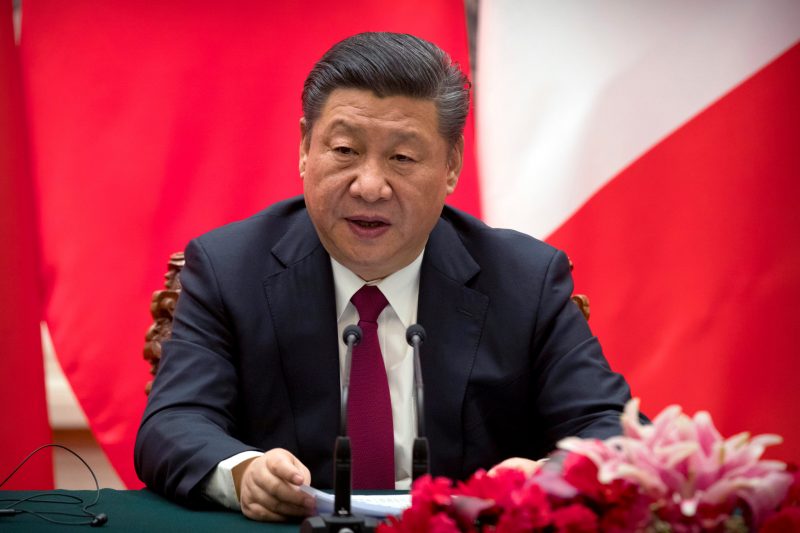
The death toll in Gaza has risen to more than 17,000, mostly women and children, the Hamas-run health ministry said, turning large swathes of the besieged territory into a rubble-strewn wasteland of bombed and bullet-riddled buildings.
An Israeli artillery unit is pictured near the Gaza Strip border on December 5, 2023, amid ongoing fighting between Israel and Hamas. Image: AFP
ISRAEL – Israel continued its offensive in and around Gaza’s main cities on Friday, more than two months after Hamas’ deadly attack sparked a war that has claimed thousands of lives and left the Palestinian territory in ruins.
The death toll in Gaza has risen to more than 17,000, mostly women and children, the Hamas-run health ministry said, turning large swathes of the besieged territory into a rubble-strewn wasteland of bombed and bullet-riddled buildings.
Early Friday, the Health Ministry reported another 40 dead in strikes near Gaza City and “dozens” more in Jabalia and Khan Yunis.
Israeli forces have encircled major urban centers in an attempt to destroy Hamas after its unprecedented attack on October 7, when militants breached the Gaza Strip’s militarized border, killing around 1,200 people and taking hostages, of whom Israel says 138 remain captive.
In a phone call Thursday with Israeli Prime Minister Benjamin Netanyahu, U.S. President Joe Biden emphasized “the urgent need to protect civilians and separate civilians from Hamas,” a White House statement said.
Biden also called for “corridors that allow people to move safely out of defined hostilities.”
Supported by air power, tanks and armored bulldozers, Israeli troops are fighting in Khan Yunis, the largest city in the south of the Gaza Strip, as well as in Gaza City and Jabalia district in the north.
Prime Minister Benjamin Netanyahu said troops had approached the home of 61-year-old Hamas leader Yahya Sinwar in Khan Yunis and vowed: “It’s only a matter of time before we find him.”
Israeli television channels on Thursday broadcast footage of dozens of blindfolded Palestinian men wearing only their underwear and being guarded by Israeli soldiers in Gaza, sparking strong reactions on social media.
“We are investigating who has ties to Hamas and who doesn’t,” Israeli army spokesman Daniel Hagari told a news conference.
London-based news channel Al-Araby Al-Jadeed said one of its journalists was among them.
We’re already dead
The fighting has pushed Gaza’s population south and turned Rafah, near the Egyptian border, into a massive camp for many of the 1.9 million people displaced by the conflict – 80% of Gaza’s population.
“Two months on the road, moving from one place to another. These are the hardest two months we have experienced in our lives,” said Abdallah Abu Daqqa, who was displaced to Rafah by Khan Yunis.
Air strikes followed.
Eight more hit Rafah overnight. AFP journalists saw around 20 bodies in white body bags at Nasser Hospital, including a child, while men gathered nearby for prayers.
The high number of civilian casualties in the conflict have caused global concern, which has been exacerbated by severe shortages resulting from the Israeli siege, which has limited access to food, water, fuel and medicine.
Israel has agreed to a “minimal” increase in fuel supplies to prevent a “humanitarian collapse and outbreak of epidemics” and called on the international community to “increase its capacity” to distribute aid.
UN humanitarian chief Martin Griffiths said there were “promising signs” that Israel could open the southern Kerem Shalom border crossing to aid deliveries.
But Hamas has declared a “state of hunger” in northern Gaza, saying no aid has arrived there since December 1.
And Israeli human rights group B’Tselem said the “miniscule amount of aid” allowed into the area was “tantamount to deliberate starvation of the population.”
“We are dying here without the need for rockets and bombing. We are already dead, dead from hunger, dead from displacement,” said Abdelkader al-Haddad, a Gaza City resident who now lives in Rafah.
Intense fighting
The Netanyahu government reacted angrily when UN Secretary-General Antonio Guterres invoked the rarely used Article 99 of the world body’s charter and called on the Security Council to push for a ceasefire.
The Security Council will hold an emergency meeting at 3pm GMT on Friday to discuss the crisis.
So far, 89 Israeli soldiers have been killed in the fighting in Gaza, including Gal – the son of War Minister Gadi Eisenkot – on Thursday.
In a briefing on Thursday, the Israeli military said troops “killed Hamas terrorists and attacked dozens of terror targets” in Khan Yunis and raided a military compound belonging to Hamas’s Central Jabalia Battalion.
Hamas released footage of its fighters firing AK-47 assault rifles and grenade launchers from abandoned buildings in what it said was Gaza City, saying it was fighting Israeli troops “on all axes of the Gaza invasion.”
The militant group said it destroyed two dozen military vehicles in Khan Yunis and Beit Lahia in the territory’s north and its rockets continued to target Israel despite being intercepted by air defenses.
Tensions in Lebanon
Israelis remained deeply traumatized by the horror of the Hamas attack and feared for the fate of the hostages as they set off for the Jewish festival of lights, Hanukkah, starting Thursday evening.
One of the worst-hit venues on October 7, the Supernova music festival, was recreated in an exhibition hall in Tel Aviv to commemorate those killed and abducted by Hamas, complete with victims’ tents and recovered belongings.
“My brother Idan Dor, 25, was murdered at this festival and it took eight days before we were told he was dead,” said Daniela Dor-Levin.
“He loved to dance, he had just started his life. He wanted peace.”
Meanwhile, an anti-tank missile fired from Lebanon killed a civilian in Israel on Thursday, the Israeli army said.
There have been almost daily clashes at the United Nations-monitored Israeli-Lebanese border, mainly involving the Lebanese Hezbollah, which, like Hamas, is supported by Iran.
Netanyahu warned Hezbollah that if it “decides to start a global war, it will turn Beirut and southern Lebanon… into Gaza and Khan Yunis with its own hands.”
An Agence France-Presse investigation into an Oct. 13 attack in southern Lebanon that killed a Reuters journalist and injured six others, including two from AFP, concluded that it was a tank grenade that only was used by the Israeli army in this region.






Recent Comments